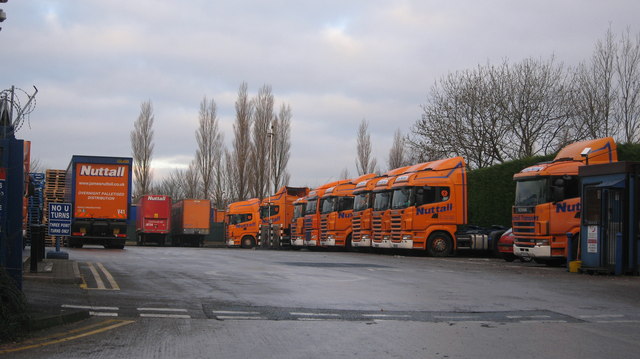 This is a guest post from Eve Pearce.
This is a guest post from Eve Pearce.
The road miles traveled by the things we buy make headlines. From food producers to restaurant owners, emphasis is proudly placed on produce that is sourced locally and, hence, hasn’t traveled too far, or for too long, to get to your basket or plate. This is not surprising as there is not much downside to growing vegetables nearby and then eating them: it is healthy, often very economical, and helps local farmers and businesses to flourish. It is often exactly such straightforward thinking that can make significant differences when it comes to economy and the environment.
Optimizing Gas Usage Saves Emissions, Fuel and Time
Efficiency of transportation is not something that only applies to food. Increasing energy prices, levels of greenhouse gas emissions and the need to reduce reliance on fossil fuels all mean that using the resources we have in the most economical way possible is a focal point in the way forward for many industries. It is also the source of much innovation.
Take, for example, GoNitroTire and NitroFleet99 network of services which use nitrogen, as opposed to air, to inflate vehicle tires. This is an idea that, in an economy of scale, can save vast amounts of time and money for those managing fleets.
A look at the prominence of transport in terms of energy usage really brings home how significant an issue this is. Transportation counts for around 11% of carbon consumption in the United States. Finding ways to use fuel more efficiently is, therefore, fundamental to anyone who manages a fleet.
In the U.S. some 400 million gallons of fuel are used each day. Collectively, haulage fleets using tires filled with nitrogen, rather than air, saved this amount during 2007. This, in turn, saved 4 million tons of carbon emissions. As well as saving energy, a great deal of time which might be spent checking and adjusting tire pressures is also saved, and this can lead to greater efficiency.
The reason for this increase in efficiency is that nitrogen has larger molecules than oxygen (which makes up around 23% of air), and so does not leak out of the tire as quickly. Logistics firms and distributors work hard to optimize delivery routes and combine deliveries, and cutting down on road miles and fuel consumption has become a fine art. GoNitroTire are able to lease machinery to supply several bays in a depot, or to inflate a number of car tires simultaneously. This includes options for purging air from the tires, or simply topping up with nitrogen.
Saving Fuel, Helping the Environment
Cutting down on fuel usage is important for the reputation of the haulage industry and in terms of protecting our environment. Being able to reassure clients that goods are being transported to them in as green a way as possible is sound marketing in world where the carbon footprint of each stage in the cycle of goods reaching their market is scrutinized. Large vehicles are very visible to other road users and have a responsibility to use the roads as safely and efficiently as possible as a courtesy to other road users as well as the buyers of the goods they transport. Keeping vehicles safe and efficient is also important in terms of maintaining a fleet in good working order, and this will include HGV insurance as well as servicing and regular maintenance (including tire pressure checks).
In terms of the bigger picture relating to energy usage and the environment, inflating tires with nitrogen, rather than air, saves on gasoline, thus cutting down on our reliance on imported fuel. Any increase in energy self-sufficiency is important for energy security which is focal in energy policy in many other countries, including the UK. Being reliant on imported fuel opens up duel uncertainties in terms of price and supply. A shortage in the latter can lead to stores quickly diminishing. Similarly, fluctuations in price can be crippling to the haulage industry, and have a knock-on effect in other markets.





